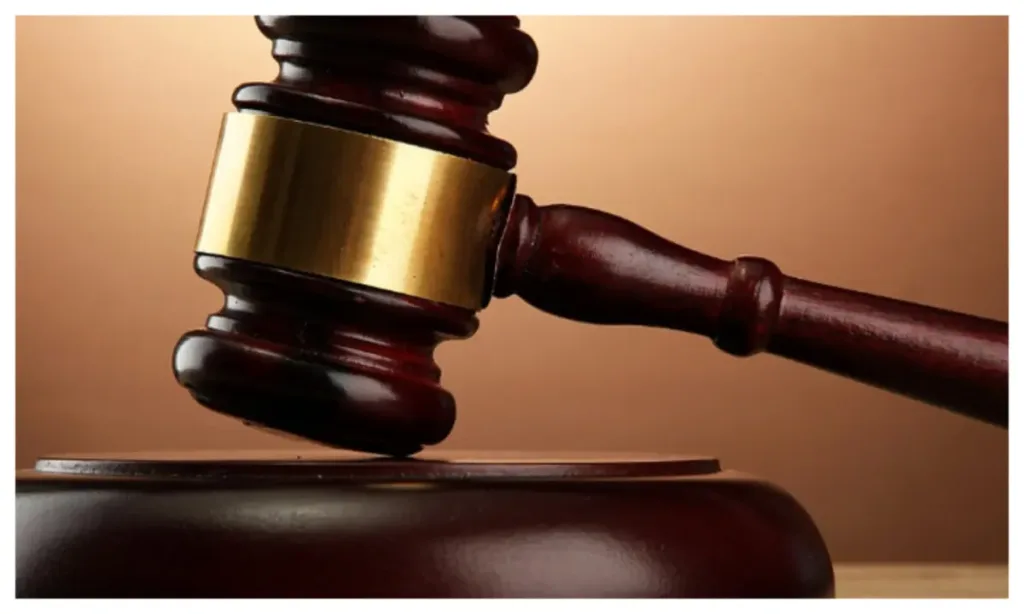A Nigerian court has scheduled September 24–26 for the federal government to conclude its decade-long prosecution of former National Security Adviser (NSA) Col. Sambo Dasuki, who faces charges of unlawful possession of firearms and money laundering. Justice Peter Ode Lifu of the Federal High Court in Abuja directed prosecutors to finalize their case by presenting remaining witnesses and physical evidence, clearing the way for Dasuki to mount his defense.
The trial, initiated in 2015 under former President Muhammadu Buhari’s administration, centers on allegations stemming from searches conducted at Dasuki’s residences in Abuja, Sokoto, and Kaduna. During recent proceedings, prosecution witness Monsur Mohammed, an exhibits keeper with Nigeria’s Department of State Security (DSS), detailed items seized from Dasuki’s properties. These included electronics like laptops and phones, financial documents, foreign currency totaling $150,000 and ₦37.6 million (approximately $44,400 USD), and materials linked to a radio station license. Over 20 items—ranging from bank records to a recorded CD about the arrest of late Boko Haram founder Mohammed Yusuf—were admitted as exhibits without objection from Dasuki’s legal team.
Prosecutors requested an adjournment to present additional evidence recovered via four search warrants, including physical cash held by Nigeria’s Central Bank. Justice Lifu approved the pause but emphasized the government must close its case promptly. The court also confirmed no items were found during a search of Dasuki’s Sokoto residence on Sultan Abubakar Road.
The case has drawn attention for its prolonged timeline and ties to Buhari’s anti-corruption campaign. Dasuki, a prominent figure during former President Goodluck Jonathan’s tenure, has repeatedly denied wrongdoing. His defense team, led by lawyer Ahmed Usman, is expected to counter allegations when the trial resumes. Legal observers note the proceedings could test Nigeria’s judicial handling of high-profile corruption cases, particularly those involving national security figures.
The September hearing dates mark a pivotal phase in a trial emblematic of Nigeria’s broader efforts to address graft—a issue that has shaped domestic politics and international perceptions of accountability in the country.
